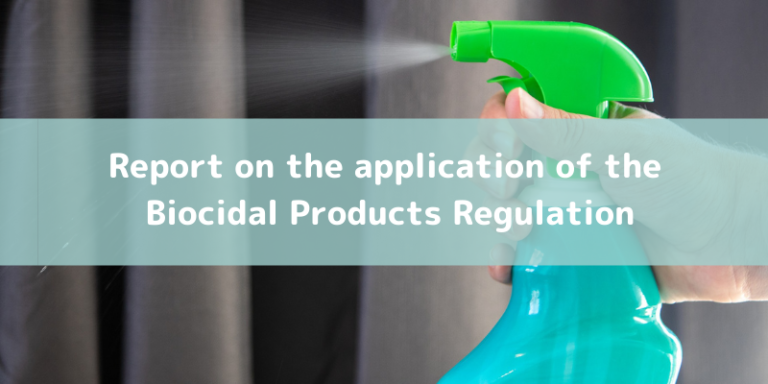
The European Parliament and Council Regulation (EU) No. 528/2012 on the commercialization and use of biocides entered into force eight years ago. The European Commission has recently published a report on the application of the Biocidal Products Regulation for the period September 1, 2013, to December 31, 2019.
The Biocidal Products Regulation sets the rules regarding the commercialization and use of biocides. Biocidal products play an essential role in the protection of public health. Products such as insecticides and disinfectants are essential to help control vector-borne diseases, foodborne diseases or nosocomial infections.
Nevertheless, we cannot ignore that these products can also have a level of toxicity, which requires the regulation of their use and commercialization to guarantee a high level of protection for the health of humans, animals and the environment.
The Biocidal Product Regulation sets out a two-step approach to achieve its objectives of improving the functioning of the EU biocides market:
The report reveals clear delays in the approval process for active substances through the review program. As of December 31, 2019, only 35% of the work related to the program had been completed.
Since the Biocidal Products Regulation came into force, only ten new active substances have been evaluated, of which nine were approved, covering a total of thirteen active substance combinations with product types
As a result of the delays in the review program, the majority of the products placed on the market continue to only comply with national legislation. This legislation varies greatly between different Member States.
Between 2014 and 2019, a total of nine Member States availed themselves of the possibility provided for in Article 55 and granted a total of 135 temporary permits for products that they considered necessary to combat a danger to the health of humans, animals or the environment. As of March 2020, almost all Member States have made extensive use of this provision, in order to authorize the commercialization of more disinfectants, necessary to meet the enormous demand that has arisen in order to control the spread of COVID-19. Between March and November 2020, the Commission received almost 600 national permit notifications. Eight months after the start of the pandemic, it can be concluded that this emergency measure of the Biocides Regulation has made it possible to respond to the unprecedented situation caused by the pandemic and to address the severe shortage of disinfectant supply following an exponential increase in demand.
The main issues identified in the report are the slow progress in the evaluation of the active substances included in the review program, and the continued delays in both the approval of active substances and product authorization processes.
Completing the review program is key to achieving the objectives of the Biocidal Products Regulation. The longer the completion of the review program is postponed, the more biocidal products containing active substances can be placed on the market without having had their safety and efficacy evaluated.